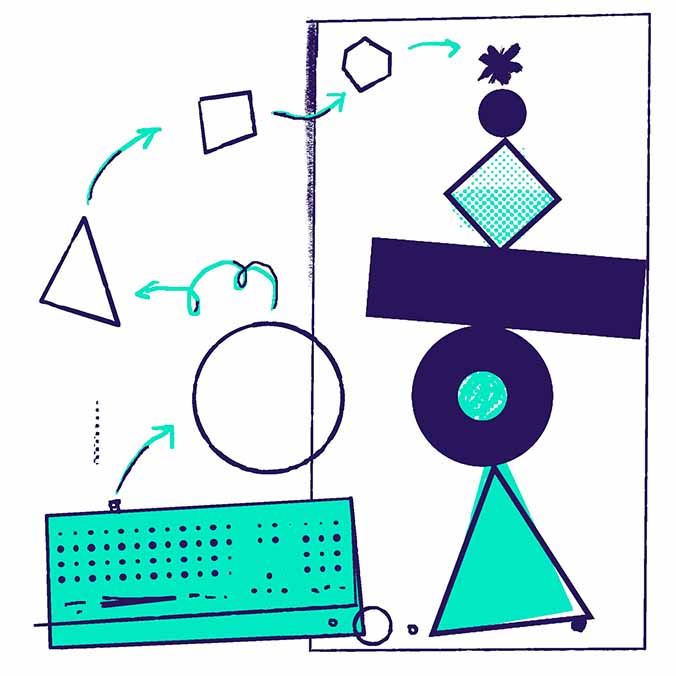
4.
Mind your manners
Conversations are based on teamwork and roles1. Playing the expected role will create a better outcome in the conversation.
The internet is still dominated by the English language. Most anglophone cultures tend towards indirect negative feedback and good manners[^2]. Machines obviously have no true understanding of what these are but LLMs are conversation simulators, which means it’s a reasonable hypothesis to assume that if you behave in a way that would get a more constructive response from a human it is likely to do the same with a machine running a Large Language Model.
[^2] Edward T. Hall talks on indirect negative feedback whilst Geoffrey Leech introduced politeness maxims
Rules for conversation are captured by the co-operative principle2. Moving too far away from those rules will see the conversation deteriorate or stop, which is what can be seen from all the jailbreaking experiments people have been running.
Do
Thanks. That looks great, we’re really making good progress here…
Don’t
No, that’s completely wrong you idiot…
Footnotes
-
As set out by Erving Goffman in The Presentation of Self In Everyday Life Wiki ↩
-
Introduced by Paul Grice with his pragmatics theory ↩